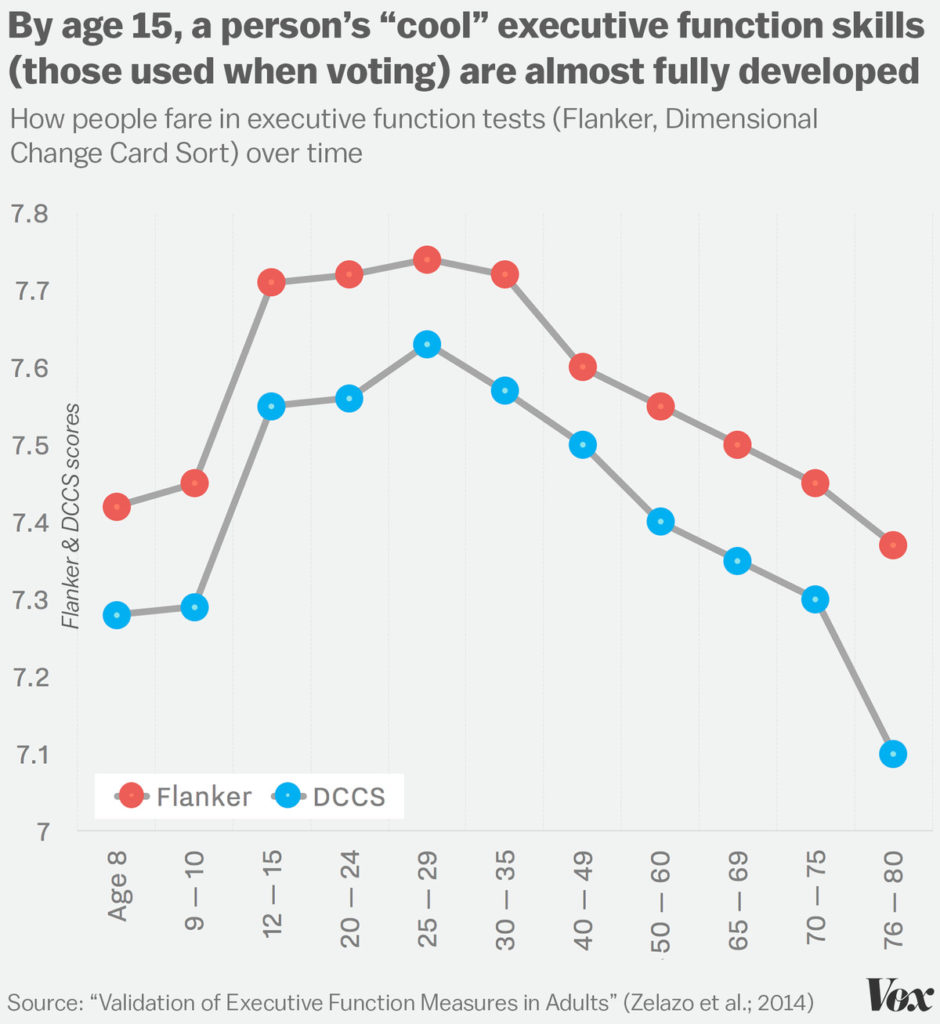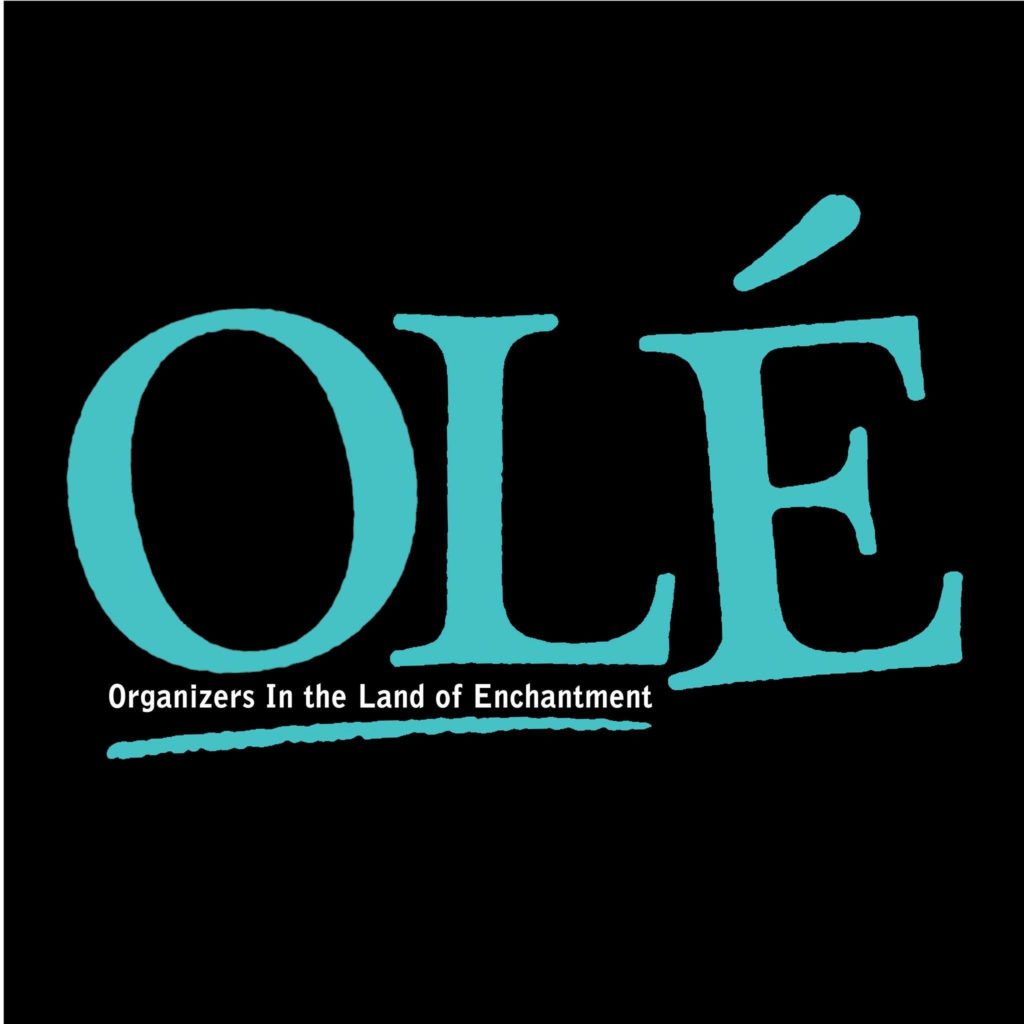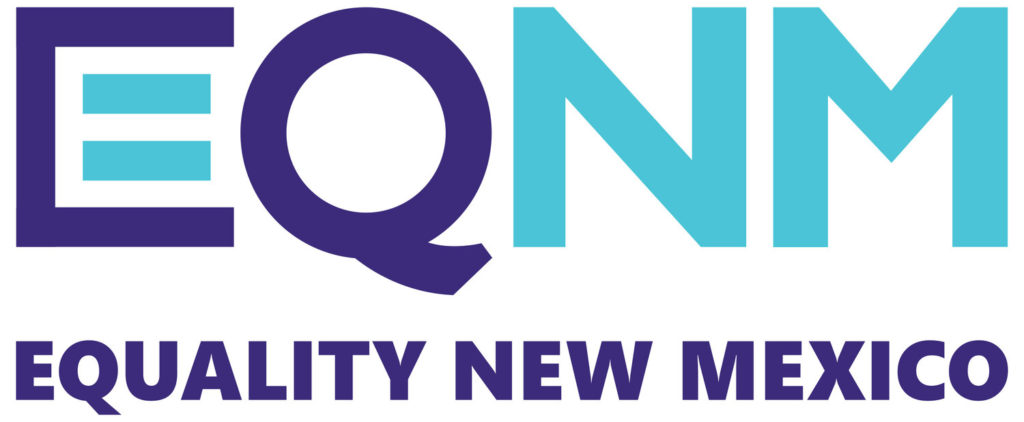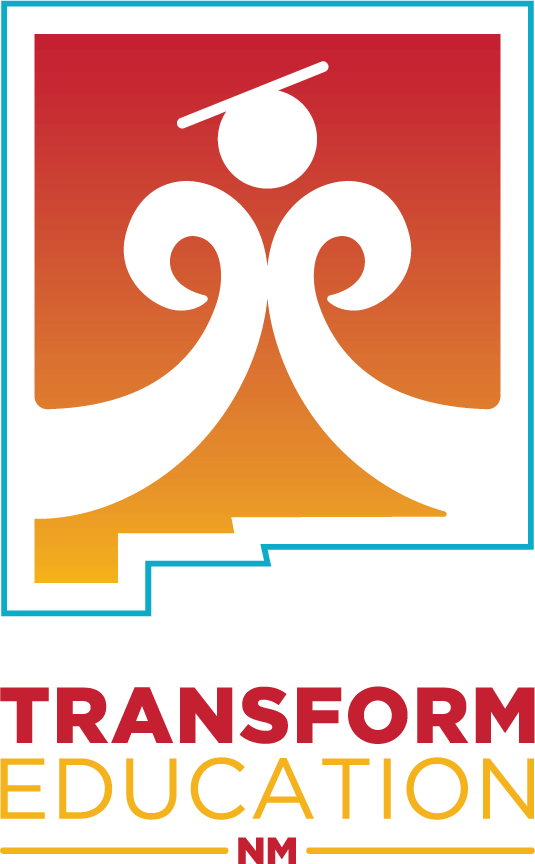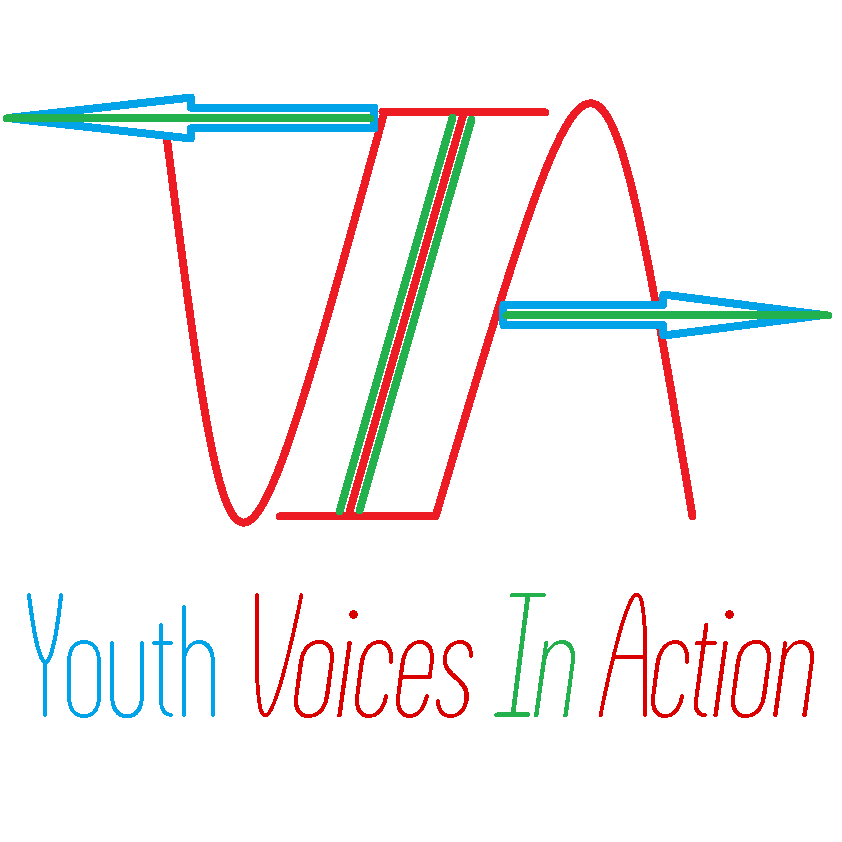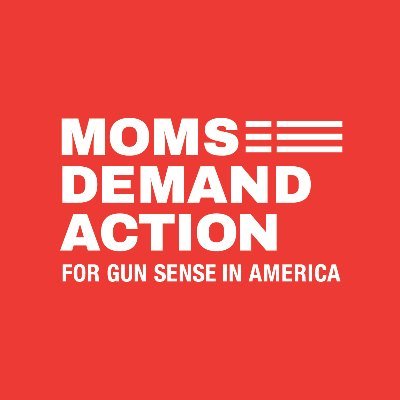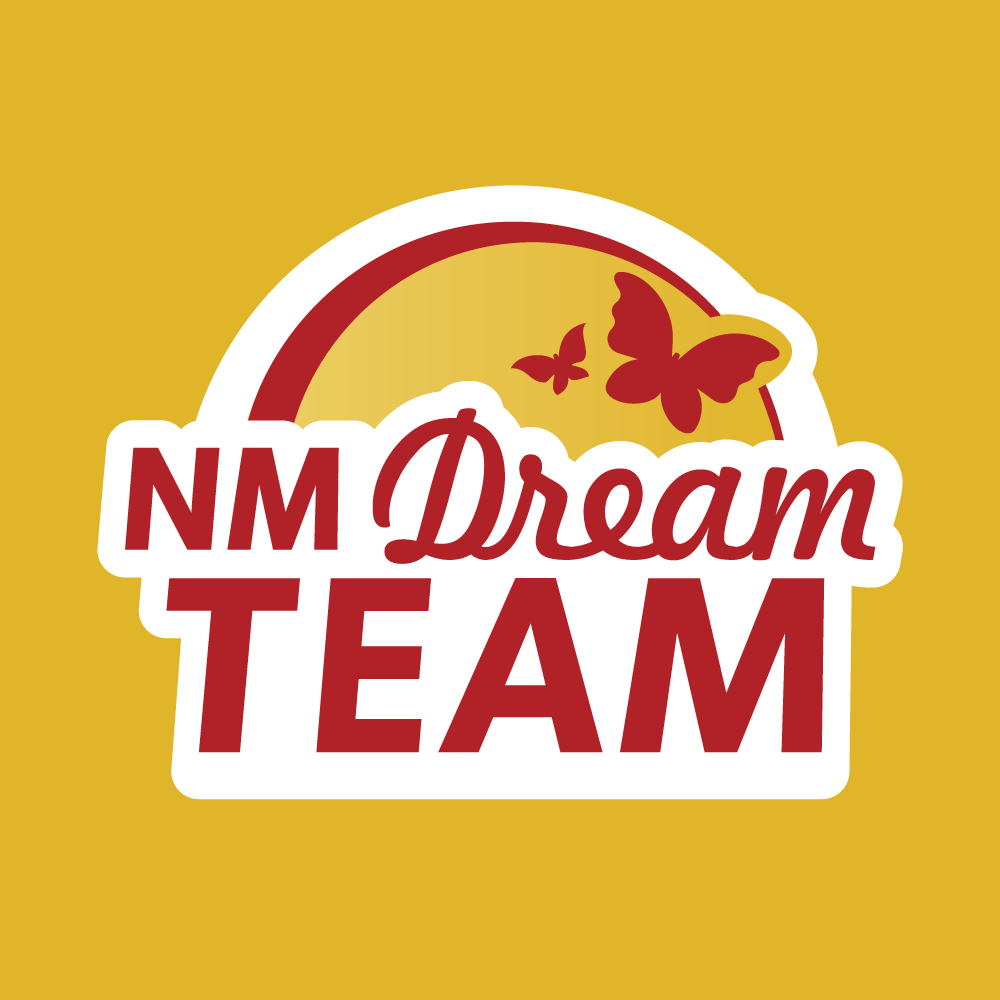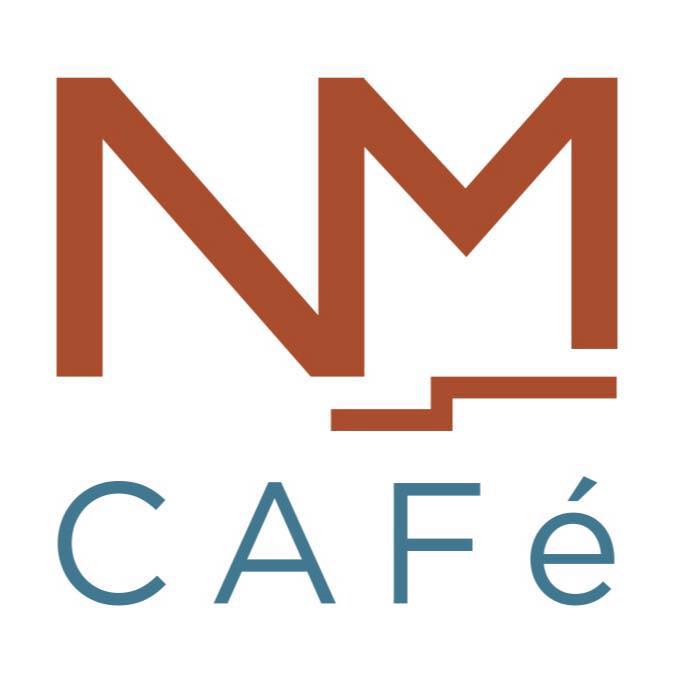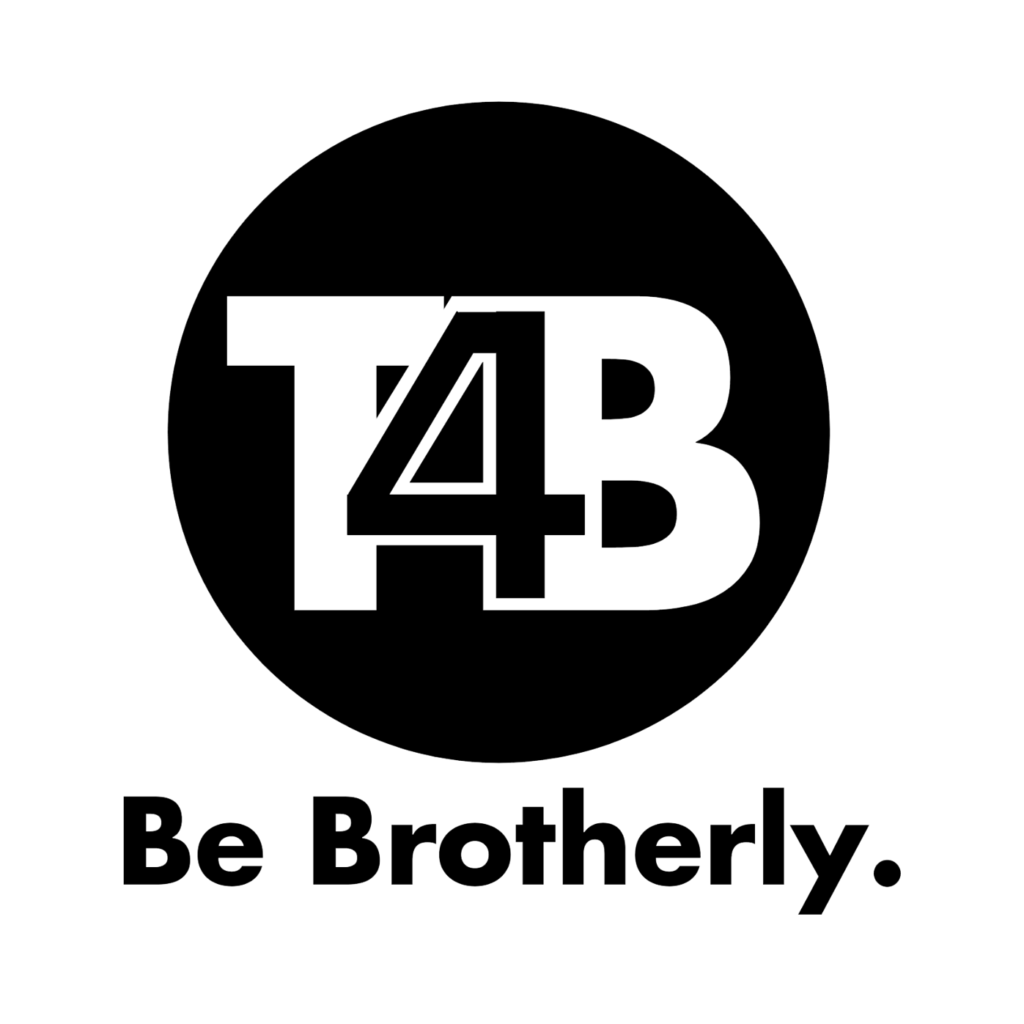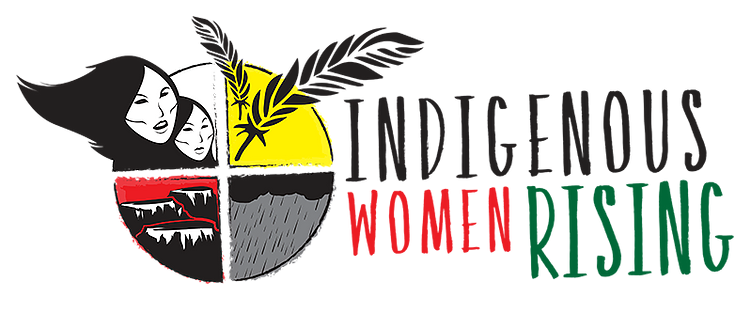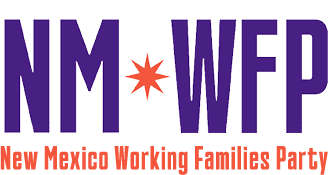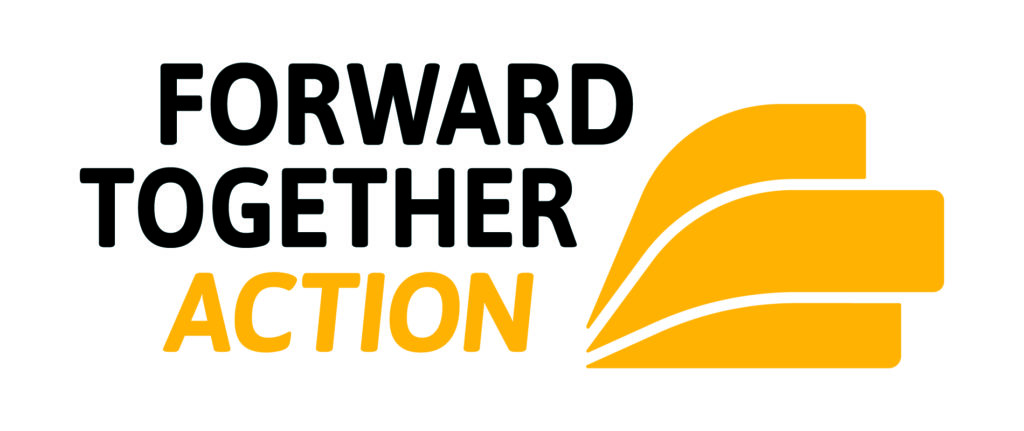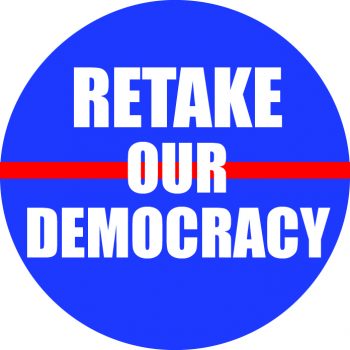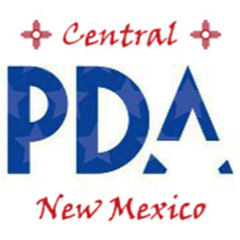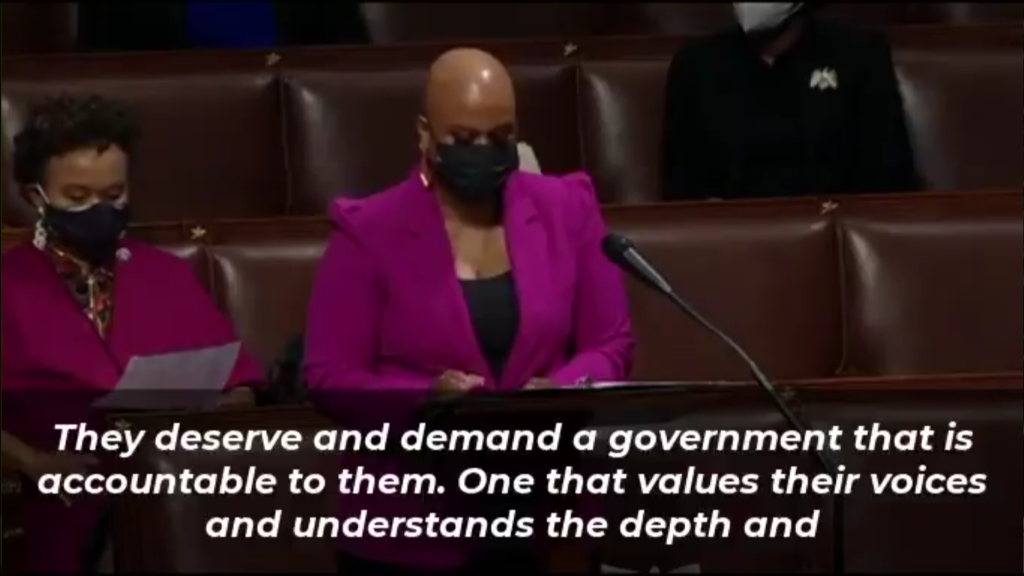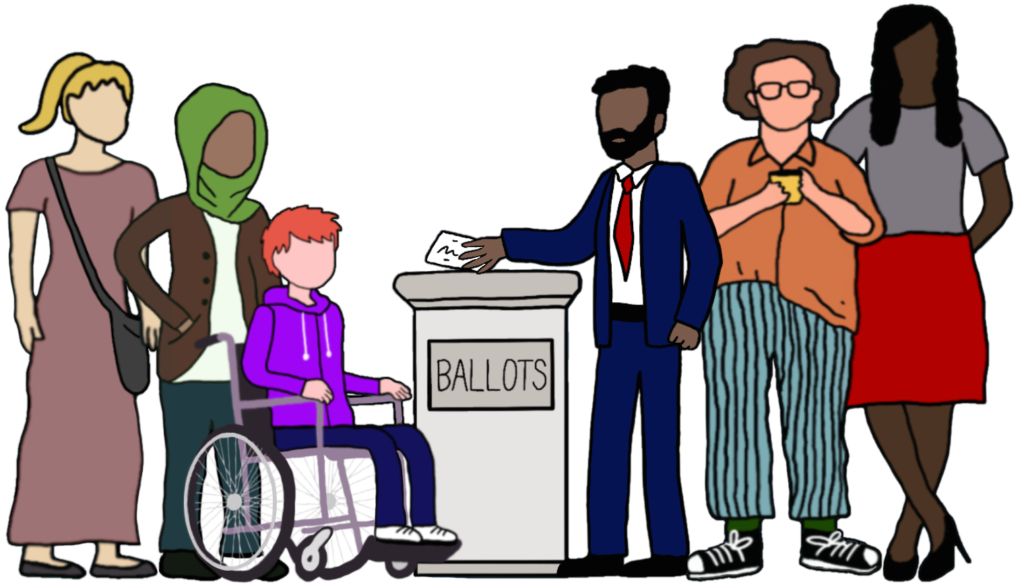
#16voteNM

Expanding Voting Rights to 16- and 17-year-old New Mexicans

Click here for updates on House Bill 217 in the 2023 legislative session.
Lower the voting age?
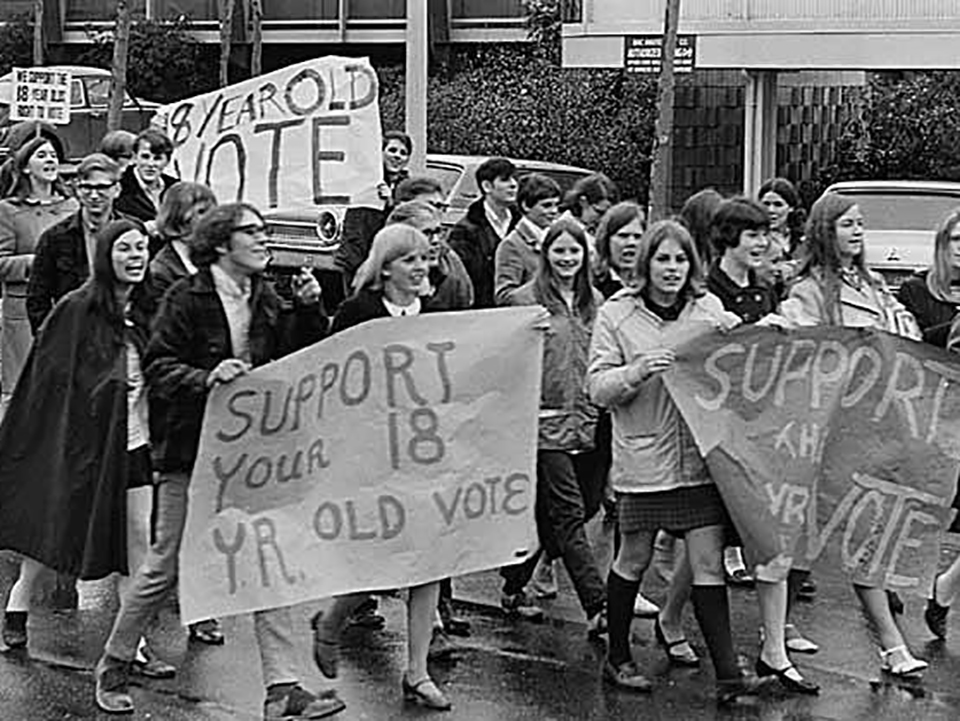
The voting age in most states was 21 until 1971 when the 26th Amendment was ratified, prohibiting states from enacting any minimum voting age higher than 18. This followed an outcry during the Vietnam War when young men 18 and up were drafted to serve in combat. Activist buttons read, “Old enough to fight, old enough to vote.”
Since the voting age is arbitrary and has been changed historically, we believe it’s time to change it again, and that 16 is the appropriate age to join the electorate for a number of reasons outlined here.
youth have the most at stake, but are shut out of our democracy

Voting is a Habit.
After a first-time voter votes, studies show they are very more likely to vote in every election thereafter.
Age 18 is a transitional time for nearly everyone. Many are moving, leaving their childhood home, beginning college or vocational training, enlisting in the armed forces, or starting a new job. Registering to vote is not ideal when one may be planning to move in just a few months.
At age 16, most New Mexicans are still rooted in their family homes, schools, and communities. High schools can use the real-world relevance of voting to strengthen civics and government education. This is an optimal time to start a habit of civic participation that is likely to increase overall voter turnout in the future.
16-YEAR-OLDS ARE

- Drivers
- Workers
- Taxpayers
- Tried as adults
- Valuable
- Intelligent
- Conscientious
- Worthy of Agency
“No Taxation Without Representation”
The cry of the American Revolution still applies today. At age 16, many young people work and pay taxes, but have no representation or voice in how their tax dollars are spent. 16-year-olds also drive and carry insurance, but have no say in the governance of their roads. From infrastructure to economic, education to the environment, 16- and 17-year-olds have a stake in the policy decisions being made.
Youth are people who deserve rights.
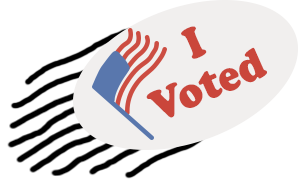
Entrusting young people to participate in decision-making processes will grant them the respect, the self agency, and the representation they deserve, and we will all benefit from the inclusion of their voices in our civil discourse. After years in last-place on US state’s lists such as education and child wellbeing, New Mexico can take this powerful step to improving the lives of young people. We are poised to lead the nation in expanding voting rights.
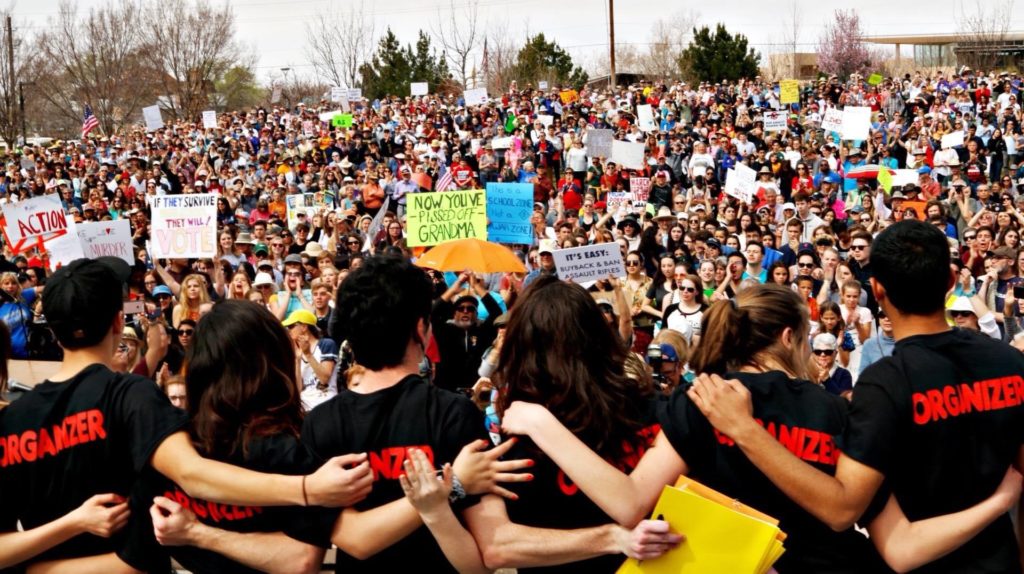
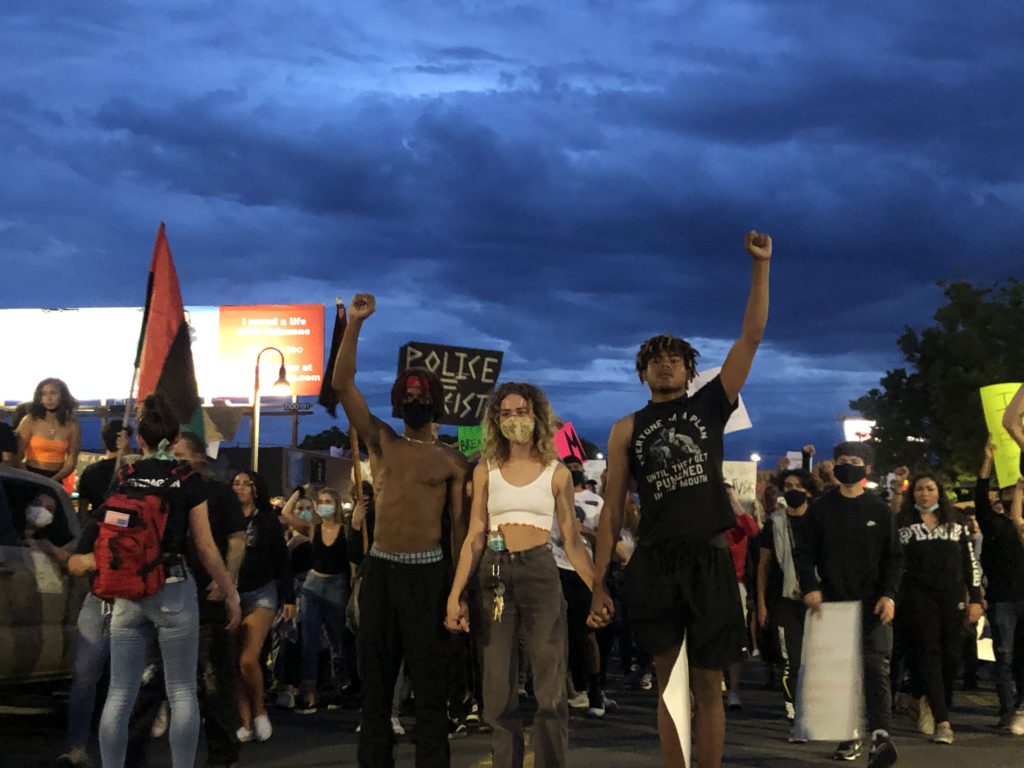
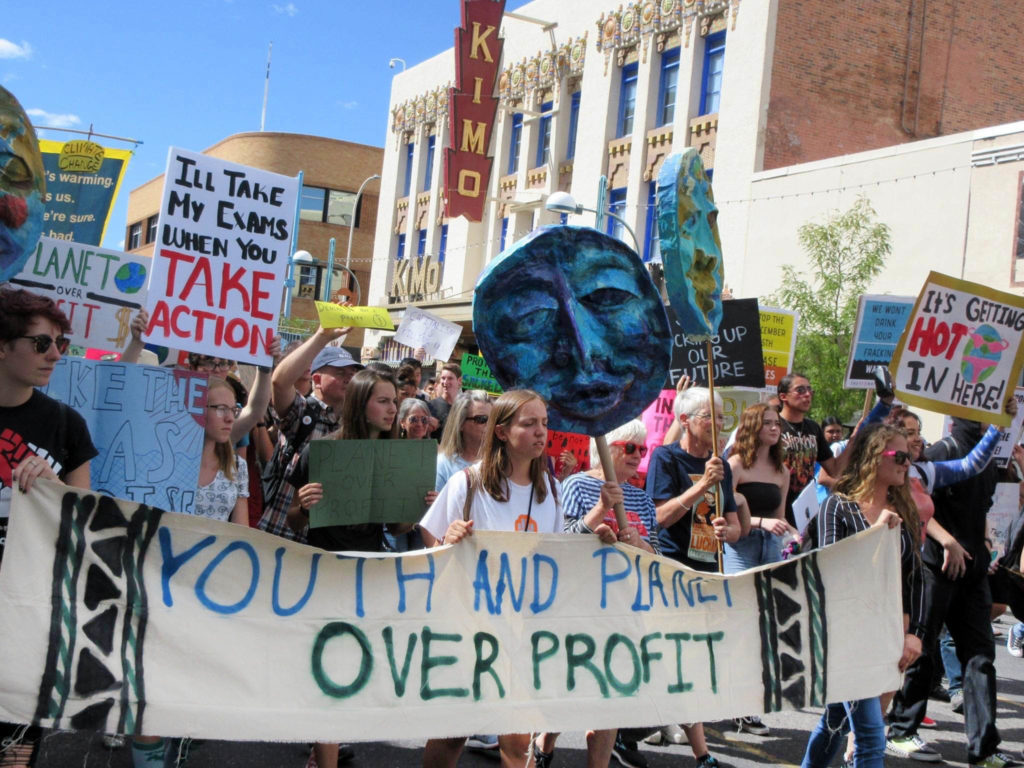
Youth spot systemic inequalities.
Because prejudices are taught, young people carry less of the societal baggage that holds back progress and more of the social awareness we need. Young people approach matters with fresh eyes, see the way they are, ask why, and how we can fix them. Whether all humans deserve equal treatment is not even a question, it is a starting place.
Youth are the future.
As we confront climate change, ecological collapse, an energy transition imperative, racial and economic equity crises, recessions, and global pandemics threatening our planet, it is crucial for the generations who will be most impacted by these crises to have a say in determining our collective responses.
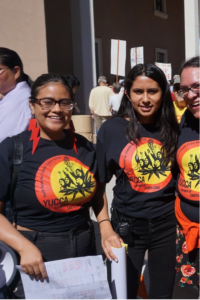
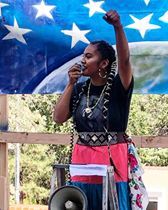
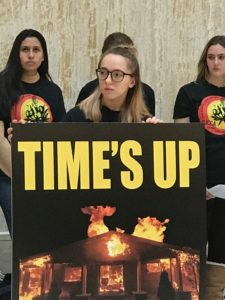
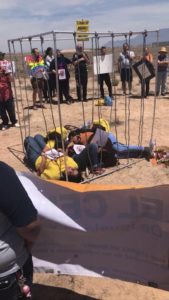
The challenges young people face today are unlike any generation before.
The COVID-19 pandemic has robbed every child in this generation of at least one of their formative years. Recovery of their year of education and socialization, and the long-term impacts to this generation’s educational development are still yet to be seen.
Gun violence plagues communities and schools and active shooter drills at schools are traumatizing a generation. “Old enough to die, old enough to vote?”
Young people are taking on three times the amount of student debt as their parents, as college is more than seven times the cost it was thirty years ago.
As they enter adulthood, housing costs are 50% higher than their parents at this age, and healthcare costs have tripled. Meanwhile, wages have stagnated over the last 40 years.
Climate change is already wreaking havoc with sea level rise, more intense storms and fires, droughts and mass migrations. Scientists predict it will get much worse without “rapid, far-reaching, and unprecedented changes in all aspects of society.”
These challenges are being kicked down the road for the next generation to solve. The impacts to their lives are immeasurable, so young people deserve power in the decision-making processes to address these issues as soon as possible.
Waiting for the franchise is no longer an option for teens of this generation, so they have taken to the streets, the airwaves, legislative hearings and the internet to advocate for their futures.
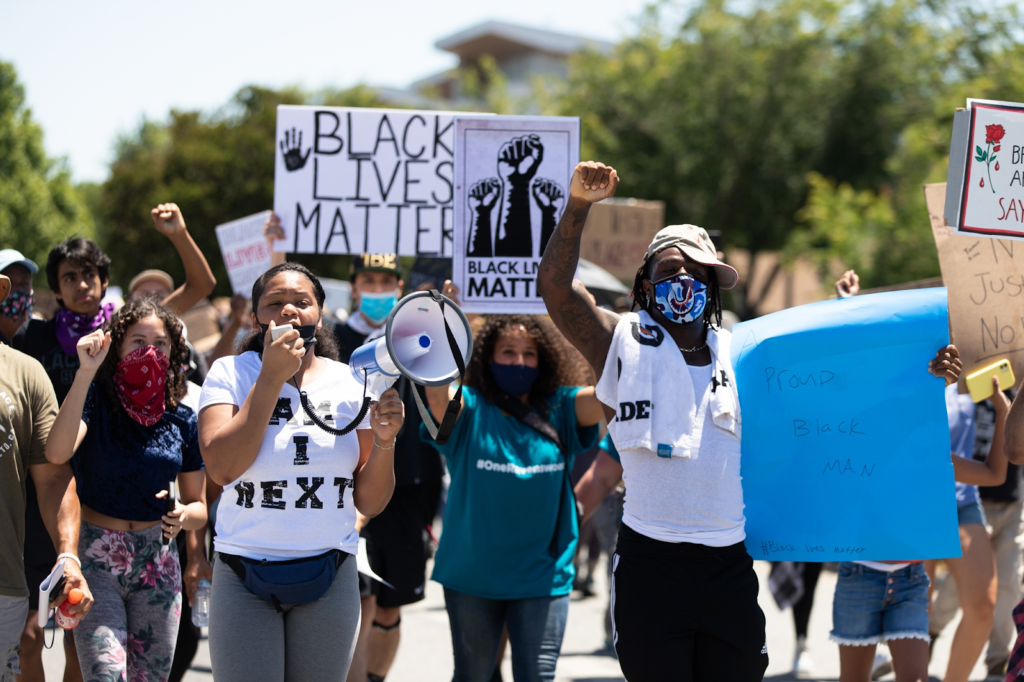

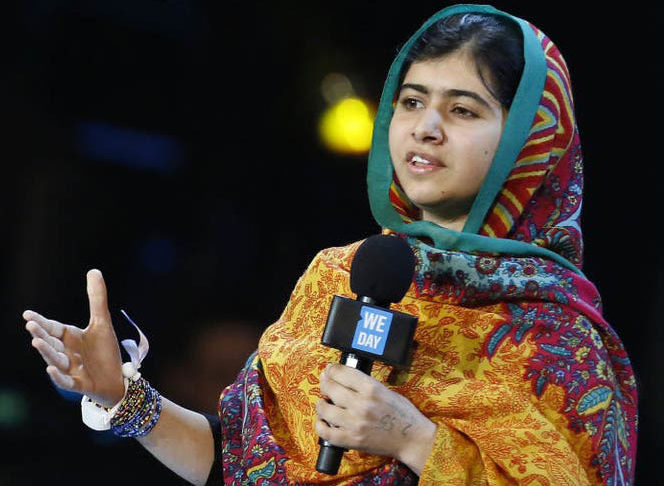
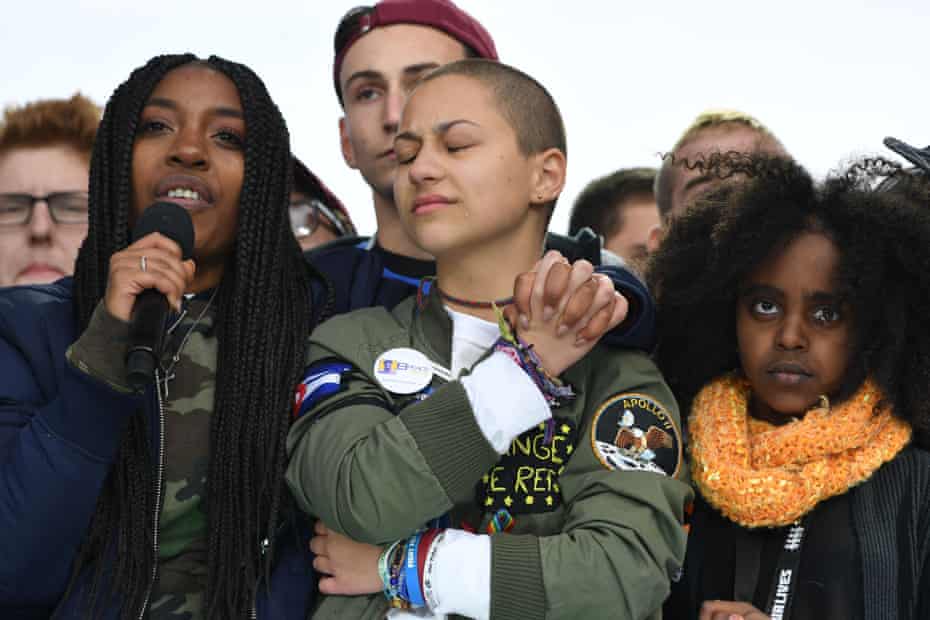
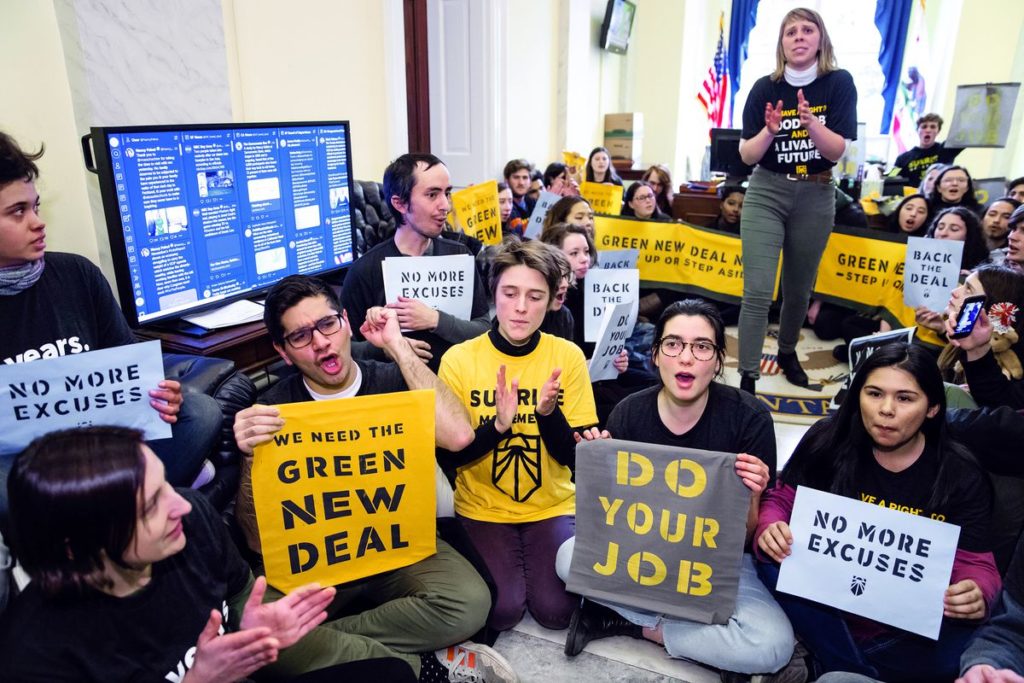
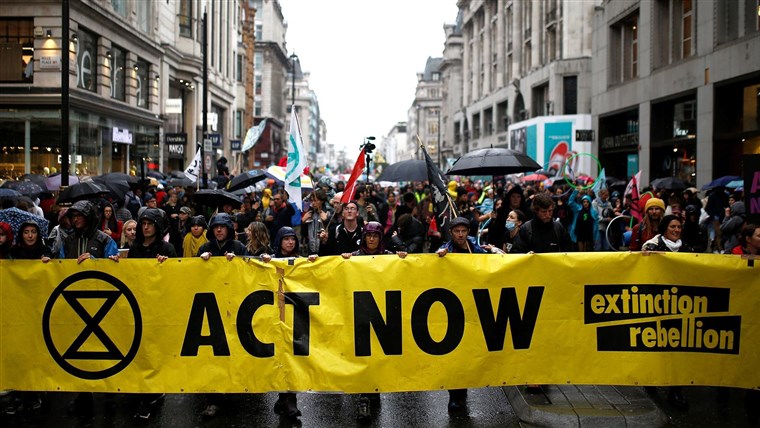
Youth are leading movements.
for climate action, a just transition, decolonization, gun safety, violence prevention, and for Black lives. These youth movements are at the cutting edge of organizing and activism, both online and offline and at levels local to global.

Though youth are taking advantage of these varied pathways of participating in our democracy, voting is arguably the most important of them all, and we are currently denying this right to some of the strongest movement leaders in the country.

youth voices are powerful and deserve to be heard
Student perspectives are largely missing on education policy.
“Our education system must be rebuilt on core values of honoring our students’ well-being and ending the decades of racism and discrimination that has failed them. The state must deeply engage students, families and tribal leaders to shape educational priorities.”
“The state should expand student supports including college, career, civic and culture readiness programs, and career and technical education.”
—Excerpts from the Transform Education NM platform
The Yazzie/Martínez v. State of NM lawsuit resulted in a landmark ruling: that New Mexico is violating the constitutional rights of students to a sufficient education. The court ordered the state to take immediate steps to fix our schools and fully support low-income, Native American, Hispanic, English language learner, and special needs students with the programs and services needed to learn and thrive. As the state works to rectify these inequities and deficiencies, the voices of students must be consulted.
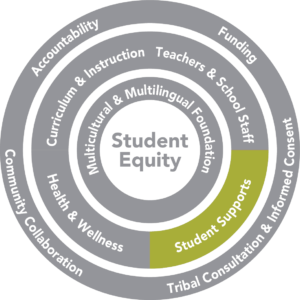
The Transform Education NM coalition developed a Student Equity platform that is widely endorsed by education, tribal, and community leaders and includes centering and supporting students in civic readiness, and engaging students in decision-making processes.
Students are literally the closest to the subject matter of education systems, being affected by it every day. Thus older students can offer important viewpoints in tackling the reform of our public education policy.

Youth are more adaptable to change.
Commitments to social change by young people show their capability of understanding complex issues, forming opinions based on that understanding, and independence of thought which may differ from their parents.
In a society that is witnessing unprecedented rates of change in social consciousness and technological innovation, young people are bringing crucial insights that strengthen our resilience as a society and as a species.
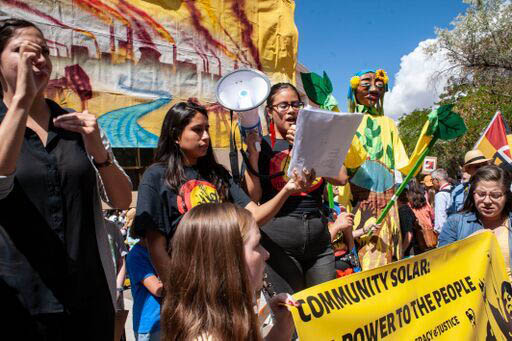
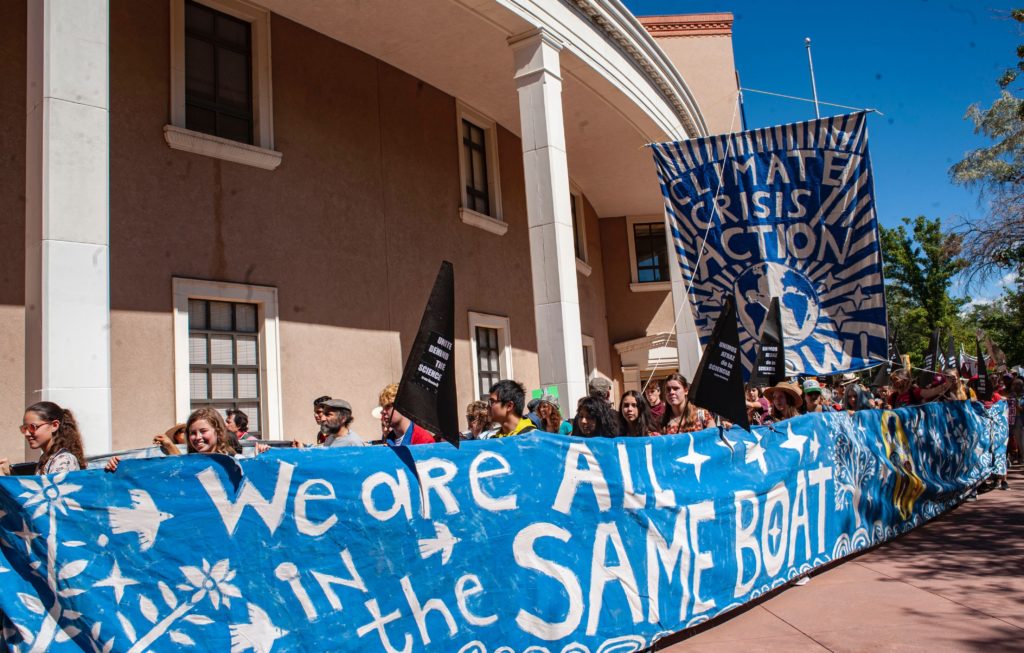

Frequently Asked Questions
Are 16-year-olds mature enough to vote?
Currently, 16-year-olds are considered mature enough for many aspects of adult life, including driving, working, paying taxes, and being tried and sentenced as an adult. Youth are encouraged to to choose their future career path around this age, and are already being recruited by colleges, universities, and the armed forces at age 16 and 17 years old.
Psychologists, in their studies of the cognitive functions of decision-making, have found two types of decision making- ‘hot’ and ‘cold.’ While 16 year olds continue to develop their ‘hot’ cognition that is used in quick and emotional moments, they have roughly the same cognitive function as adults when it comes to voting, which uses the ‘cold’ cognition. While voting can be emotional, people use calculated, ‘cold cognitive’, decision-making processes when casting their ballot. The graph here shows that both functions plateu between ages 12 to 35, and tend to degrade as we age.
Are 16-year-olds educated enough to be entrusted to vote?
Extending the franchise to 16 and 17 year olds is a great way to bring relevant, timely material into the classroom. Subjects like US History and Economics would have real world applicability. Students would be able to use applied knowledge directly at the ballot box.
When taking into account that most adults have forgotten much of the details of what they learned in school, it could even be argued that 16-year-olds may be more educated on civics than older adults who have long since left school.
Are 16-year-olds informed enough about politics?
A scientific study in Vienna focused on Austria’s voting habits of youth under 18. They found that the quality of vote choice vote is similar between that of younger and older voters. Young people vote in their best interest. They recognize the ways in which politics shape their lives and vote in accordance with their values.
If the federal voting age is 18, how will you ensure that 16- and 17-year-olds aren’t voting illegally in federal elections?
New Mexico has a sophisticated system that prints each ballot for each individual voter based on that voter’s home address and land ownership. Age can easily be added to the eligibility requirements for each election in the system. This will allow for 16- & 17-year-olds to receive ballots that only reflect the elections in which they are eligible to vote.
Where can 16-year-olds vote already?

Many countries in Europe and South America use a 16-year-old voting age on various levels, including Scotland, Germany, and Austria. Research on countries that have lowered the voting age has shown that the change has led to increased overall voter turnout.
In the USA, cities such as Takoma Park, Hyattsville, Mount Rainier, Greenbelt, and Riverdale Park in Maryland use a 16-year-old voting age for local elections, where the impacts have been universally positive. Berkeley, CA and Oakland, CA have approved of 16-year-old voting for school board elections.
Won’t the teens just vote how their parents tell them to?
Young people have independent opinions, ideas, and beliefs. 16- and 17-year-olds form their own political views through discussions with parents, peers, the news, and school. Whether young people share the views or disagree with their parents is a private matter and irrelevant to a discussion about their right to vote.
This is the same patronizing argument used against women’s suffrage—”it will only double their husband’s vote”. It was false 100 years ago and is false today.
Why let 16-year-olds vote when 18-year-olds hardly vote anyway?
It is true that young people ages 18-24 vote at much lower rates than other age groups. But while apathy and disenchantment are often decried, there are barriers and inconveniences in the process of registration and voting. At such a transitional time, many 18-year-olds are moving, which means a change of address, new legislative and school districts, and new locations of polling places.
In a study of 145,000 Danish youth, parental turnout was found to influence the young adults’ turnout, and young adults living at home voted more than those who have moved out on their own. “When young adults leave home, the influence of their parents’ strong voting habits decreases while the weaker voting patterns among their peers have a greater impact.”
Furthermore, voter turnout of young people has been growing, as the crises facing humanity are directly impacting their lives. Online media and digital communication serve to reach more young people than previous generations of journalism and political organizing. A growing number of young people want to participate in the political discourse, recognizing the ways politics affect their lives and futures.
Endorsers

The 16voteNM coalition is made up of over a dozen organizations including youth-led groups. We have been doing research, outreach, and preparation since 2020. We are talking with legislators and everyday people about the value of youth voices in our democracy. The organizations below endorse lowering the voting age to 16. If you would like to get involved with this campaign, contact us at info@inclusivedemocracynm.org.
Media & Resources
Lower the Voting Age for Local Elections. Op-Ed by youth advocates Brianna Lujan and Artemisio Romero y Carver. The Santa Fe New Mexican. March 15, 2021.
Retake Our Democracy interviewed youth advocates Artemisio Romero y Carver and Castille Aguilar from YUCCA and the 16vote Coalition. They discussed YUCCA’s youth activism, their climate justice work, and the 16vote movement. Watch it here or listen here. February 24, 2021.
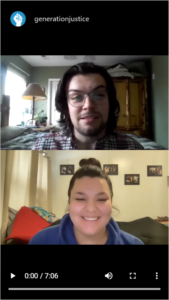
Watch Generation Justice’s Kyle Gonzales interview with Isabella Baker of Transform Education NM about 16vote and SB 412. February 25, 2021.
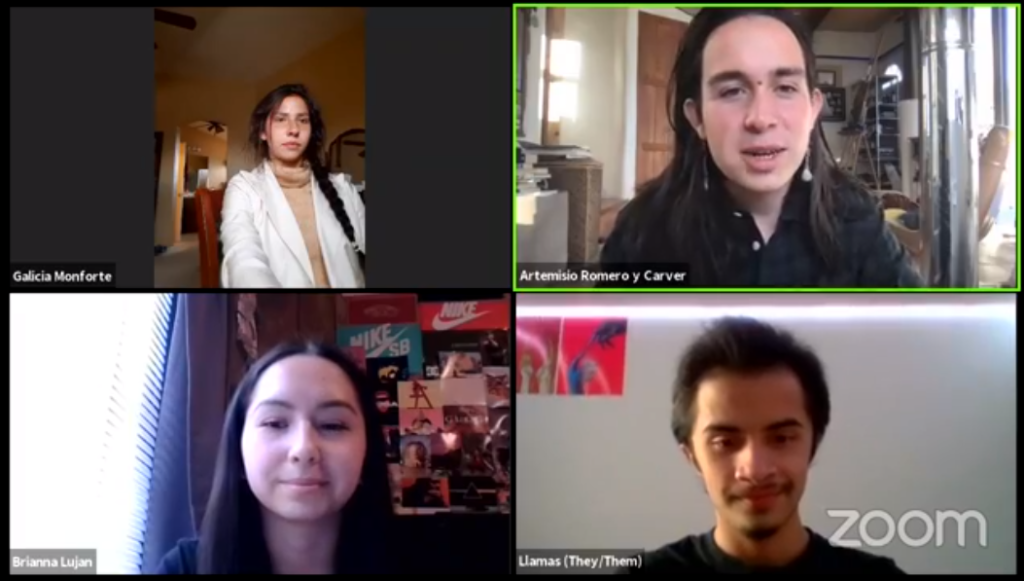
Four youth activists spoke in a live virtual press conference to answer questions. Watch the live recording here. March 15, 2021.
Congresswomen Ayanna Pressley, Jan Schakowsky, and Grace Meng, introduced an amendment to HJR 1, the For The People Act, proposing lowering the federal voting age to 16. The amendment failed but a majority of House Democrats voted in favor showing tremendous progress for the youth franchise movement. March 3, 2021.
- The case for allowing 16-year-olds to vote. Crockett, Zachary, Vox Media. Nov 7, 2016.
- American Sixteen- and Seventeen-Year-Olds Are Ready to Vote. Hart & Atkins, Rutgers University, The ANNALS of the American Academy of Political and Social Science. Dec 22, 2010.
- 16-Year-Olds Want a Vote. Fifty Years Ago, So Did 18-Year-Olds. Astor, Maggie, New York Times. May 19, 2019.
- Lower the Voting Age for Local Elections. FairVote Reform Library.
- Myths About Granting the Vote to Teenagers. James Youniss Ph.D. & Dan Hart Ed.D., Psychology Today. May 15, 2018.
- Podcast: Radiolab, More Perfect Series, Episode 7 on the 25th & 26th Amendments. The relevant section is 29 minutes and 40 seconds in.
- Vote16USA.org, National campaign. Vote16.world, Index of the global movement.
